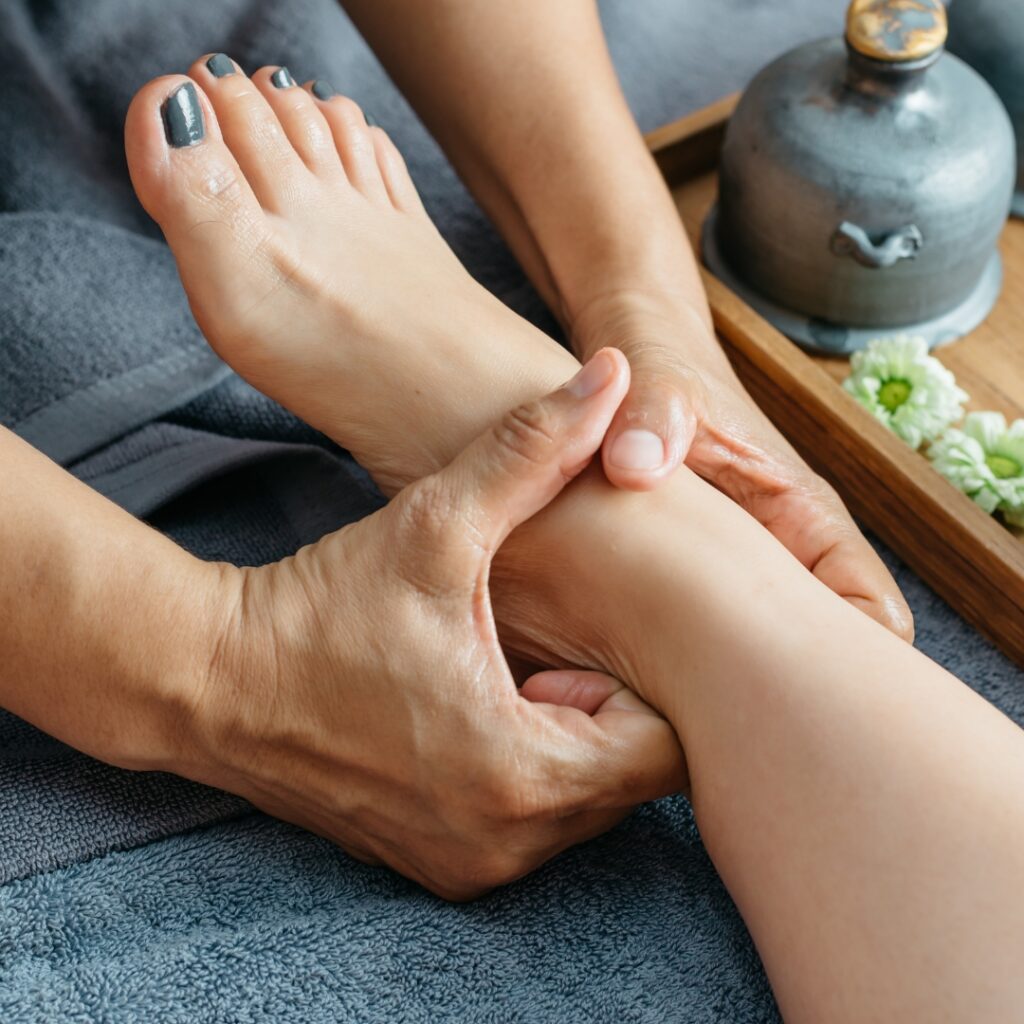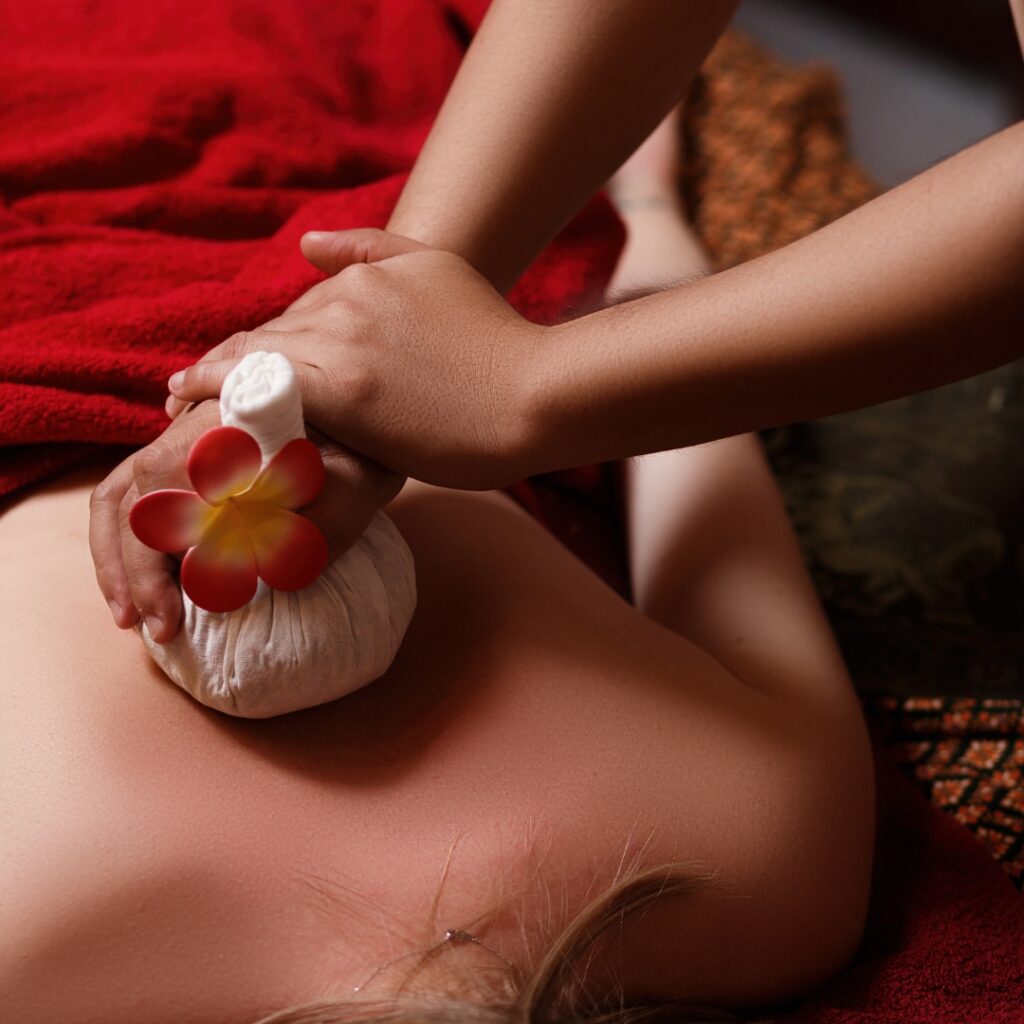Thai massage, a time-honored healing practice rooted in Thai culture, has been gaining widespread popularity around the world for its holistic approach to wellness. The combination of acupressure, stretching, and energy line work provides numerous physical, mental, and emotional benefits. As more people pursue Thai massage training, its impact extends beyond individual health and well-being, influencing society as a whole. In this article, we will explore the social and health benefits of widespread Thai massage training, both for practitioners and communities.
1. Promoting Physical Health and Wellness
The primary health benefit of Thai massage is its ability to enhance overall physical wellness. Thai massage combines deep pressure, stretching, and energy line work, which promotes flexibility, reduces muscle tension, and improves circulation. By practicing Thai massage regularly, individuals can experience reduced pain and stiffness, improved joint mobility, and better posture. With widespread training, more people gain the ability to relieve chronic aches and pains, alleviate tension, and improve their physical well-being.
Additionally, Thai massage is known to improve lymphatic drainage, reduce inflammation, and promote relaxation of the nervous system. As more individuals learn and practice Thai massage, they can contribute to their own health and well-being, as well as offer these benefits to others.
2. Mental Health and Stress Relief
In today’s fast-paced world, stress has become a common affliction. Thai massage offers significant benefits for mental health by promoting deep relaxation and reducing anxiety. The gentle stretching and pressure applied during a Thai massage stimulate the parasympathetic nervous system, which helps to lower heart rate and blood pressure, creating a calming effect on the mind.
Through widespread training, more people are equipped to offer relaxation and stress relief to others, whether in a professional setting or at home. The mental health benefits of Thai massage include improved mood, better sleep quality, and an overall sense of calm and well-being. When Thai massage is practiced regularly, it can help combat the mental strains of daily life and improve emotional resilience.

3. Fostering Community and Social Connections
Thai massage training fosters a sense of community among practitioners. Whether it’s in a formal class setting or a group practice session, learning Thai massage provides an opportunity for individuals to connect with others who share a similar interest in wellness and healing. In these social settings, people from various walks of life come together to learn, grow, and support one another.
The practice of Thai massage encourages cooperation, trust, and mutual respect, which can strengthen community ties. As individuals share their knowledge and skills with others, they contribute to the broader wellness movement and create positive social impact. This sense of belonging and connection can be deeply fulfilling and lead to the creation of wellness networks that continue to grow and benefit more people.
4. Creating Employment Opportunities
Widespread Thai massage training also helps create new employment opportunities, especially in wellness-focused industries. As more individuals become skilled in Thai massage, they can pursue careers as massage therapists, wellness coaches, or spa practitioners. The growing demand for Thai massage services in spas, wellness centers, and private practices contributes to a thriving job market for trained practitioners.
Moreover, Thai massage training can serve as a source of self-employment, particularly for those who wish to start their own wellness businesses. By offering Thai massage services in community centers, private homes, or pop-up locations, individuals can create a sustainable career while providing a valuable service to their communities.
5. Increasing Cultural Awareness and Appreciation
Thai massage is deeply rooted in Thai culture and traditions, and learning this practice allows individuals to gain greater appreciation for Thai heritage. By sharing the benefits and techniques of Thai massage with others, practitioners help to spread knowledge of Thai culture and foster cross-cultural understanding.
This cultural exchange enriches both the practitioners and their clients, promoting respect for diverse traditions and customs. As more people train in Thai massage and adopt it as a regular wellness practice, they contribute to global cultural awareness and appreciation.
6. Improving Physical Independence in Older Adults
For older adults, Thai massage can be especially beneficial in improving physical mobility and flexibility, which can enhance their quality of life. Through training, caregivers and family members can learn how to perform Thai massage on older individuals to reduce discomfort caused by arthritis, muscle stiffness, or joint pain.
Additionally, Thai massage can help improve balance and coordination, which are key in preventing falls and injuries in older adults. As Thai massage becomes more widely practiced, it offers a non-invasive, drug-free way to support the health and independence of aging populations.

7. Empowering Practitioners with Healing Skills
Learning Thai massage empowers practitioners by providing them with valuable skills that enhance their ability to help others. Thai massage training focuses not only on physical techniques but also on the healing power of touch, empathy, and understanding the body’s energy. Practitioners develop a deeper connection with their clients, enabling them to address specific needs and offer customized wellness solutions.
The ability to help others relieve pain, reduce stress, and improve their health creates a fulfilling sense of purpose for Thai massage practitioners. As the practice spreads, more individuals are empowered to make a meaningful impact on others’ lives, whether in a professional or personal context.
8. Holistic Health and Preventative Care
Thai massage is part of a holistic approach to health, focusing not just on the physical body but also on energy flow and mental well-being. By incorporating Thai massage into daily or weekly routines, individuals can take a preventative approach to their health, avoiding the need for more invasive treatments in the future.
As more people are trained in Thai massage, they can pass on these preventative practices to others, helping to create a culture of wellness that focuses on self-care and long-term health maintenance. This shift toward holistic health can reduce the burden on healthcare systems by encouraging people to take a proactive approach to their well-being.
9. Environmental Benefits of Traditional Practices
Thai massage is a non-invasive and environmentally friendly wellness practice. Unlike some other forms of therapy, it does not rely on the use of machinery, chemicals, or resources that contribute to environmental degradation. Learning and practicing Thai massage supports sustainability, as it emphasizes natural, body-based healing practices that have a minimal ecological footprint.
By integrating Thai massage into wellness practices globally, we encourage a shift toward sustainable healing methods that respect both human health and the environment.
Conclusion
Widespread Thai massage training offers numerous social and health benefits. It provides individuals with the tools to improve their own physical and mental well-being, while also empowering them to share these benefits with others. The holistic nature of Thai massage, combined with its focus on community, cultural exchange, and personal empowerment, creates a positive ripple effect throughout society. As more people embrace Thai massage training, they contribute to a healthier, more connected, and more mindful world.

